5 Financial Wake-Up Calls—And What You Can Learn from Them
High achievers reveal their big financial aha! moments and the lessons you can use to live your dreams in Bobbi Rebell's How to Be a Financial Grownup.
By Bobbi Rebell
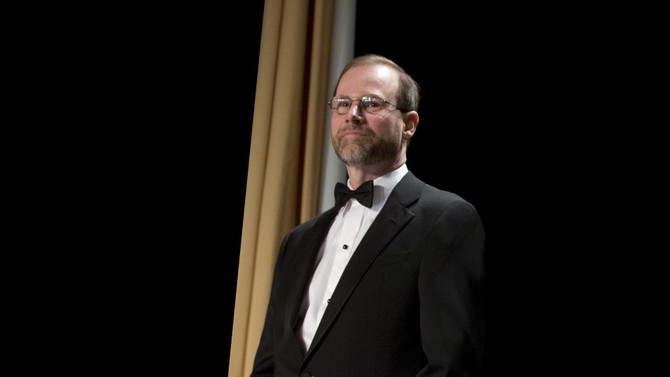
Photo: Saul Loeb/Getty Images
Stephen Adler, President and Editor-in-Chief, Reuters
My Wake-Up Call
One day I saw an ad for a CD at a bank in the Bronx and got set to head up there. My boss, The American Lawyer magazine editor-in-chief and budding mogul Steven Brill, asked where I was going—and put an abrupt stop to my journey. He sat me down in his office and showed me on a yellow legal pad how much my time was worth at my job versus how much I would earn by leaving my desk to score an extra quarter point on a bank CD. And, in stronger language than I'm using here, he told me what a jerk I was for not understanding that my biggest asset and investment at this life stage was my job—not my IRA—and that the energy I was putting into chasing CD alpha was better spent writing and editing for his magazine.
What You Can Learn
Getting and holding a job, and doing the kind of work that might lead to getting promoted, are a whole lot more important than picking the right stock or the hottest fund or the perfect CD.
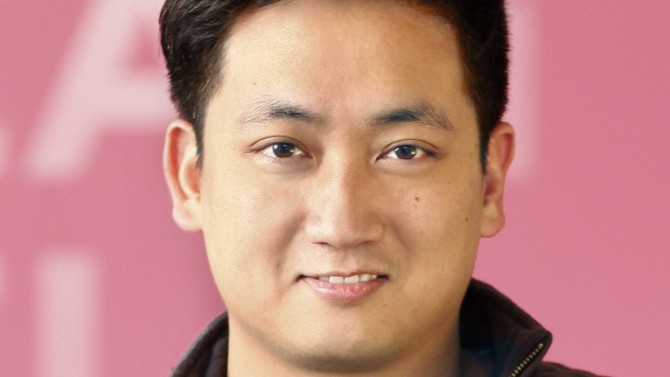
Photo: Courtesy of NerdWallet
Tim Chen, CEO, NerdWallet
My Wake-Up Call
When my sister asked me to help her find a new credit card, I thought it would be a fairly simple exercise; as a financial analyst, I objectively evaluated dollars and cents as a living. It took me nearly a week to research and compile a spreadsheet of about 400 cards—a fraction of what's available in the U.S.—in order to make an informed decision. I was shocked.
Most Americans will sign up for a credit card at some point in life. If it took me—literally a trained professional—a week to look at a sliver of what's available, how can any one person be expected to choose the right credit card for them? Or the right insurance policy? Or 401(k) plan? I realized the deck is completely stacked against consumers.
What You Can Learn
There is usually a "right" choice when it comes to personal finance, but signing up for a personal finance product because you got an offer in the mail isn't going to get you the best product for your needs.
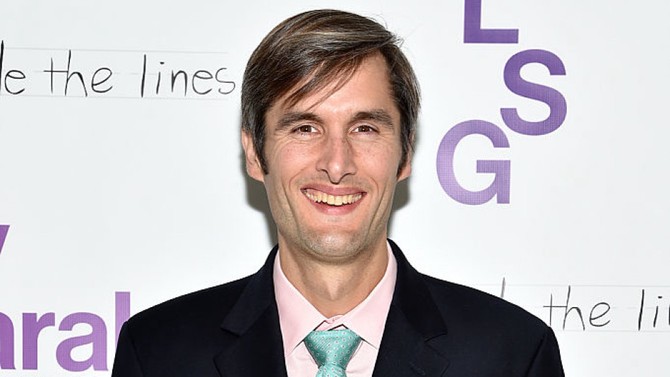
Photo: Mike Coppola/Staff/Getty Images
Charles Best, CEO, DonorsChoose.org
My Wake-Up Call
I've been a fan of bass fishing for as long as I can remember. In the sixth grade I planned to start my own business making custom fishing lures. I researched all of the costs for my tiny venture—from the molds and molten lead I'd need to make the lure weights, to the classified ads I'd need to promote my product in Bassmaster Magazine. This was before Amazon, Etsy, or Kickstarter ever existed. Ultimately I realized that the start-up costs and the number of lures I'd have to sell to recoup my investment were too much. Instead I became a soccer referee to make some cash.
What You Can Learn
The most incredible businesses are started by entrepreneurs who relentlessly pursue their passion, but passion works best with a thoughtful, ambitious-yet-grounded business plan.
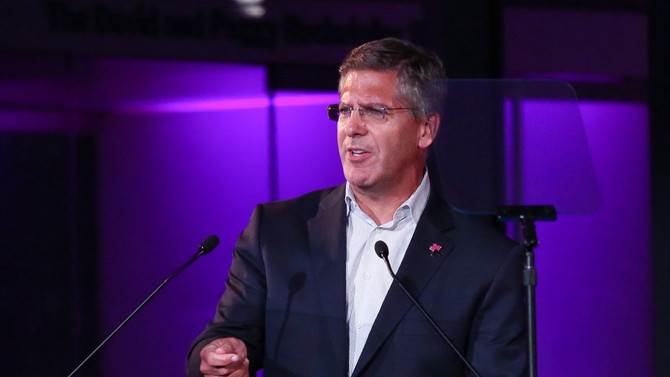
Photo: Rob Kim/Getty Images
Bob Moritz, Global Chairman of PwC
My Wake-Up Call
Nineteen eighty-five was a big year for me…I graduated from college, got a job at Price Waterhouse and got married. To celebrate my new life as an official grown-up, I went out and bought myself a Firebird. I had worked hard to get through college and the Firebird was both a reward for my hard work and a lot of fun to drive. I loved that car…but I also learned that having a sports car was expensive. Between car payments, insurance, and gas, I was starting to feel squeezed. Plus, I was starting to learn that other stuff was expensive too—stuff like rent. And as an official grown-up, and one half of a married couple planning to start a family, it was time to be thinking in terms of mortgage payments, not rent. So I sold the Firebird and bought a rusty Datsun B210 for $500. I won't say that it didn't cause me a pang, but I really did see it as an investment in the future. That transaction put me in a position where I could afford the down payment on a co-op apartment, and start building toward a more solid financial future.
What You Can Learn
I don't see that Firebird as an indulgence…and I wouldn't call it a phase, either. It was a perfectly fine choice to make at the time. But different choices were called for later. You choose what you let go of, just as you choose what you reach for.
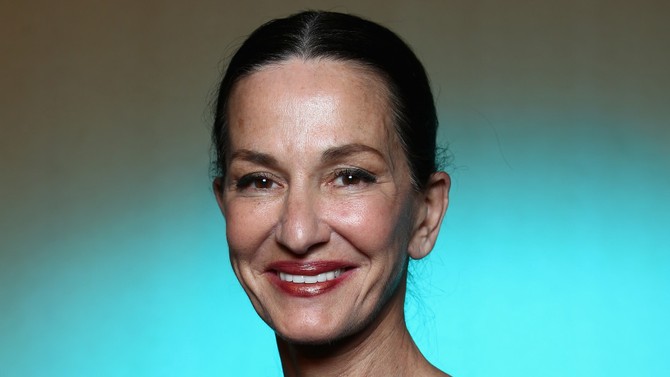
Photo: Mark Nolan/Stringer/Getty Images
Cynthia Rowley, Fashion Designer
My Wake-Up Call
When I was 21 and a student at the Art Institute of Chicago, a woman stopped me on the "El" train and asked me whose jacket I was wearing. "It's mine," I said. "I'm a designer."
It turned out she was a buyer for a department store, and she asked me to come to her office first thing Monday with my collection. So I sewed like a maniac all weekend and made five pieces and brought them to her office.
The buyer looked at the first piece and said, "What's the style number on this?"
Deer in the headlights moment. "Uh, ONE?!"
"Okay, what's the style number on that one?"
"Um, two?"
She looked skeptical and said, "Where else do you sell?"
"Some of the more upscale mostly European…mumble mumble…boutiques…on Oak Street…" Throat clear. "Okay, I confess, I've never done this before but if you give me the order I promise I'll deliver a beautiful collection and you won't be disappointed."
I didn't realize I was supposed to ship to the warehouse and showed up at her office six weeks later—with the garments in a competitor's shopping bag. D'oh! But the collection sold out.
That was how I became a designer. I moved to New York, rented a loft, and a few months later held a show. The business went from that first department store sale of women's wear to an international brand with 60 stores worldwide, and lines of shoes, handbags, surf and swimwear, fitness, eyewear, legwear, cosmetics, fragrance and home furnishings.
What You Can Learn
Lots of people encouraged me along the way. But I never looked for somebody to take me under their wing. There's no "right" way to be an entrepreneur. You have to have a vision of where you want to go, short-term and long-term, follow your gut, and take risks every day. It helps to be a pathological optimist and say yes to everything. The smartest thing I ever did was focus on the thing that most inspires and energizes me, and makes me excited to come to work every day.
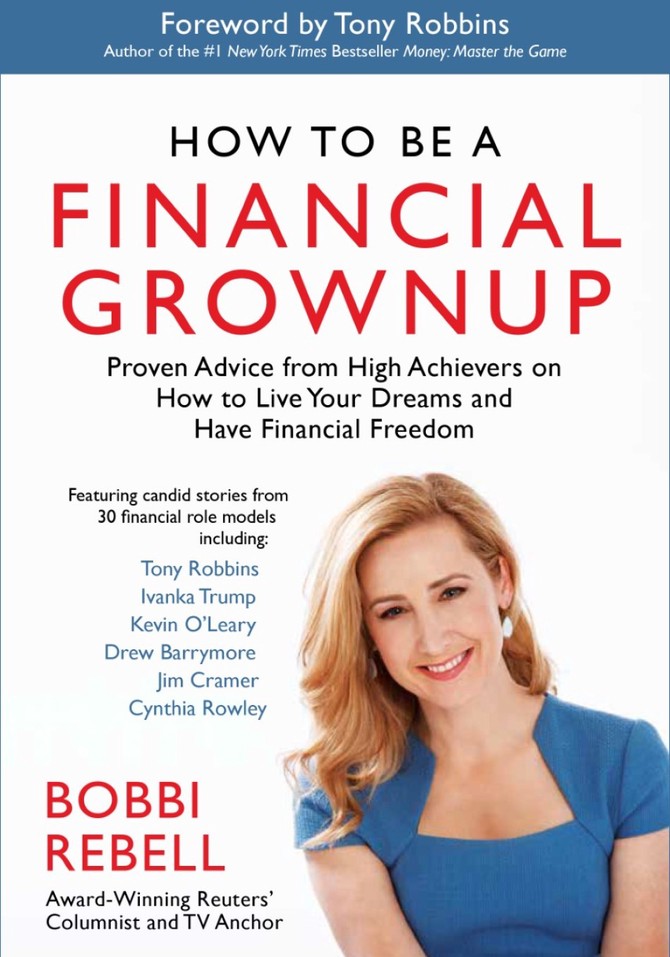
Excerpt from How to Be a Financial Grownup by Bobbi Rebell. Copyright 2016 by Bobbi Rebell. Used by arrangement with Maven House Press. All rights reserved.
Bobbi Rebell is an award-winning TV anchor and personal finance columnist at Thomson Reuters, the largest news organization in the world. Her business videos are seen on hundreds of broadcast and online channels around the world, and her Reuters column on personal finance is syndicated to hundreds of newspapers and websites worldwide. She was formerly a reporter at PBS (Nightly Business Report) and held various producer positions at CNN and CNBC. She is a graduate of the University of Pennsylvania and has a Certificate in Financial Planning from New York University.
Bobbi Rebell is an award-winning TV anchor and personal finance columnist at Thomson Reuters, the largest news organization in the world. Her business videos are seen on hundreds of broadcast and online channels around the world, and her Reuters column on personal finance is syndicated to hundreds of newspapers and websites worldwide. She was formerly a reporter at PBS (Nightly Business Report) and held various producer positions at CNN and CNBC. She is a graduate of the University of Pennsylvania and has a Certificate in Financial Planning from New York University.
Published 10/18/2016

